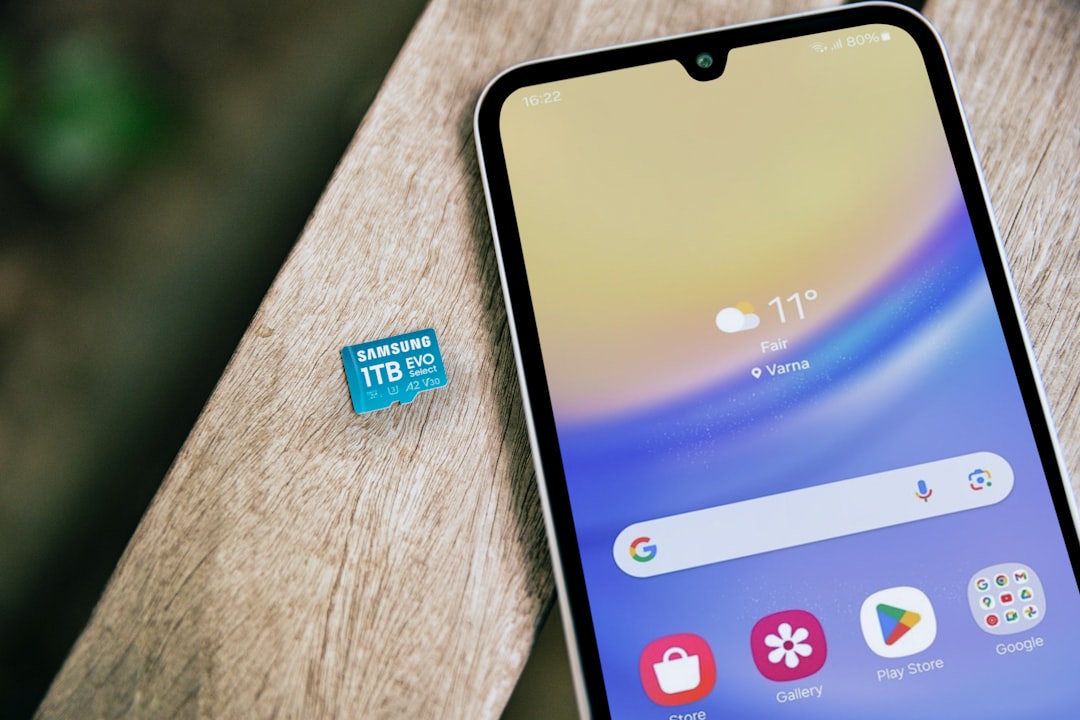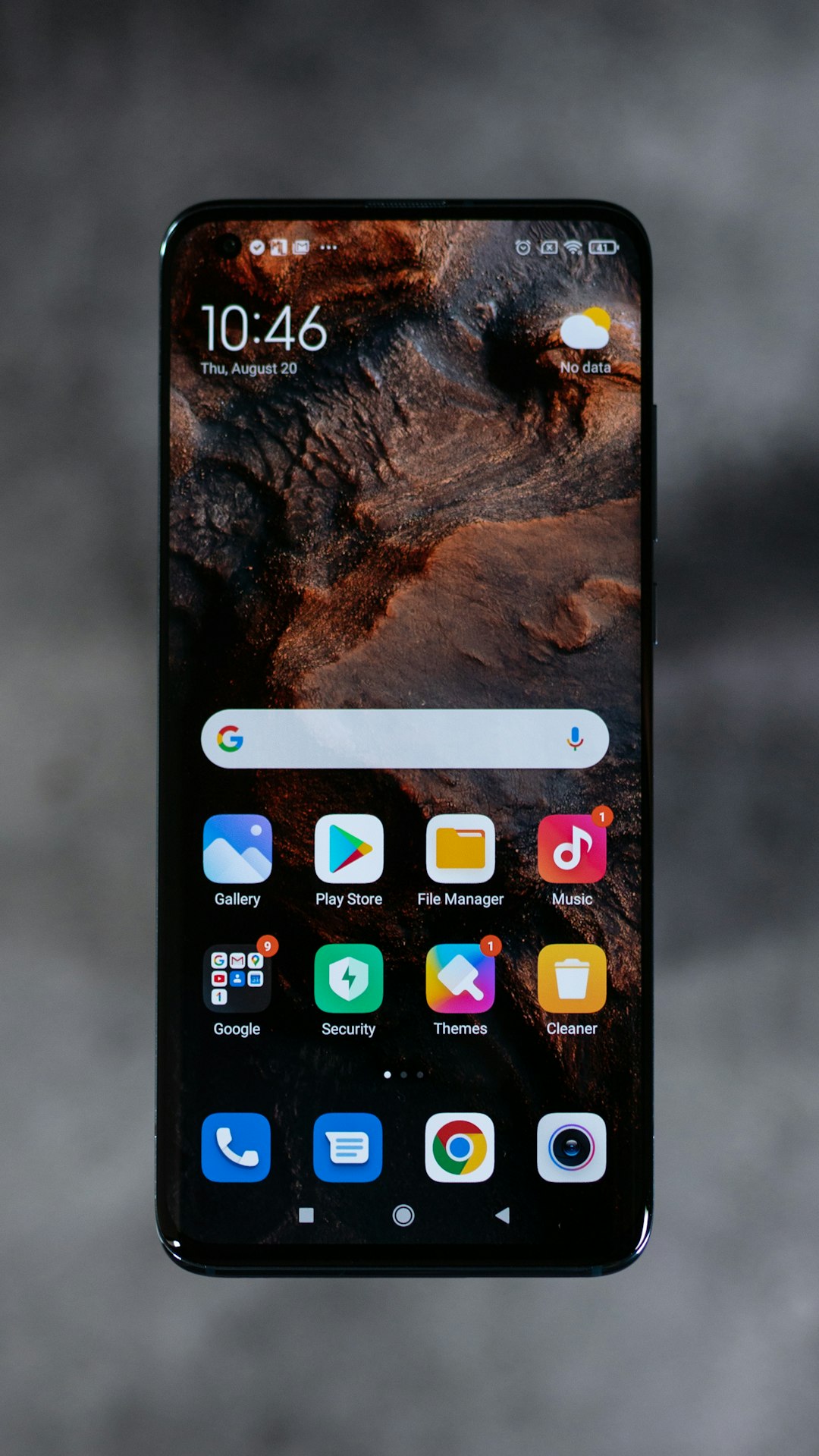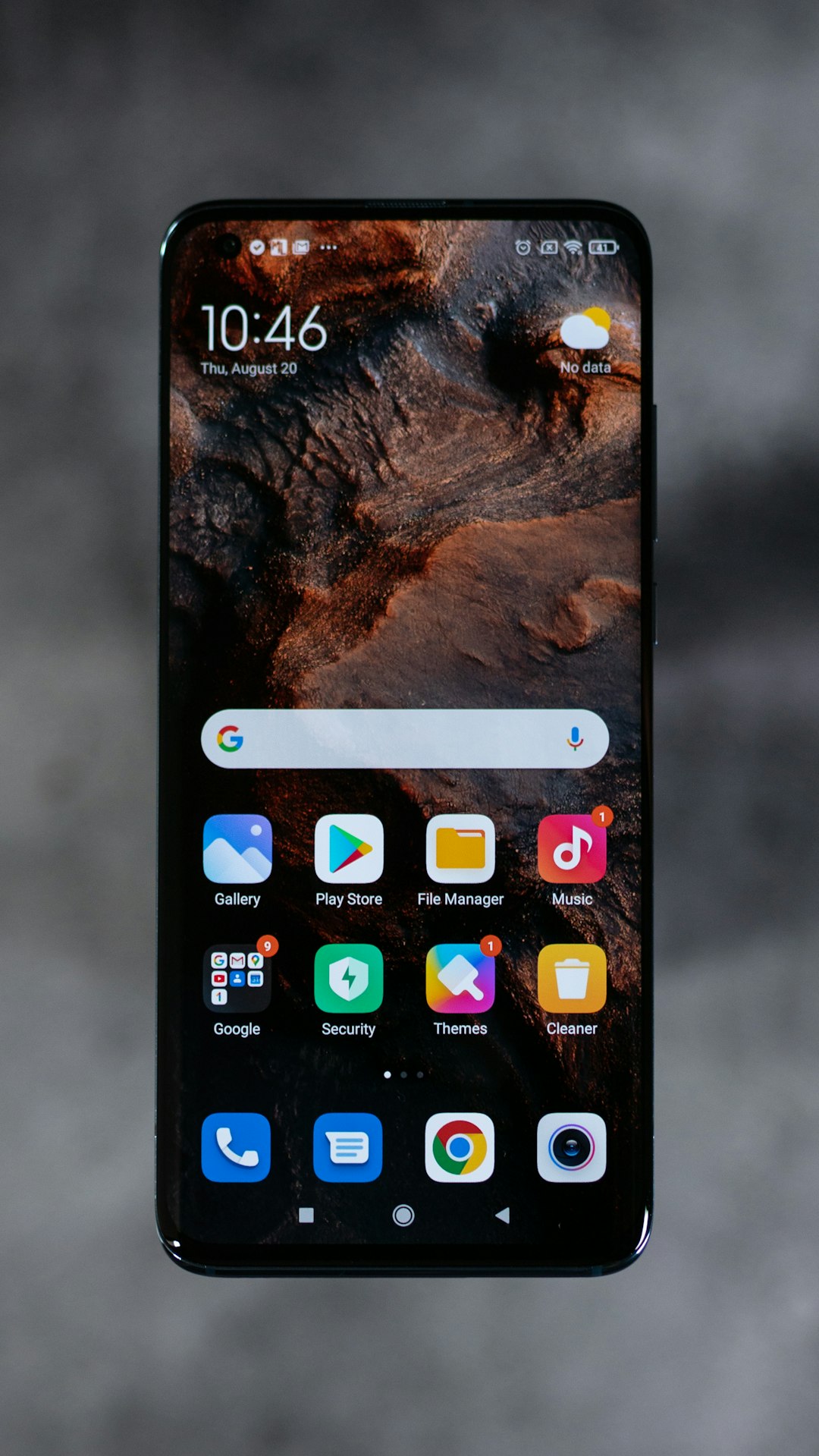Missouri residents are protected from spam calls by strict state laws, including the Telemarketing Act enforced by the Attorney General's Office. To combat these unwanted calls, a Missouri Spam Call Law Firm offers guidance on legal protections and educates consumers about various spamming tactics. An effective Spam Call Reporting System for law firms should use specialized tools to log call details, integrate with existing systems, and provide automated alerts. Robust data management practices, including centralized databases and regular updates, are essential under state regulations. Encouraging residents to report spam through incentives and user-friendly tools increases community participation in enforcing Missouri's spam call laws.
In Missouri, understanding and complying with strict spam call laws is crucial for businesses and individuals alike. This comprehensive guide navigates the process of establishing an efficient Spam Call Reporting System specifically tailored for Missouri residents. From identifying and categorizing nuisance calls to implementing robust data management practices, we explore effective tools and strategies. Learn how to foster user engagement in reporting processes while ensuring compliance with local Spam Call law firm Missouri regulations.
Understanding Missouri's Spam Call Laws and Regulations

In Missouri, like many states, there are strict laws and regulations in place to combat spam calls. These laws provide consumers with protections against unsolicited phone calls, often referred to as telemarketing or sales calls. Understanding these regulations is a crucial first step in creating an effective Spam Call Reporting System. A Missouri spam call law firm can offer valuable insights into the legal framework surrounding these issues.
The state’s Attorney General’s Office enforces the Missouri Telemarketing Act, which regulates the manner in which businesses engage in telemarketing activities within the state. This includes restrictions on automated or prerecorded calls, as well as requirements for obtaining prior consent from recipients. Consumers who believe they have been subjected to spam calls can file a complaint with the Attorney General’s Office, which may lead to investigations and penalties against violators.
Identifying and Categorizing Spam Calls

In the fight against unwanted spam calls, the first step is clear identification and categorization. When establishing an effective reporting system in Missouri, it’s crucial to educate individuals on recognizing these calls. Spam Call law firms in Missouri play a vital role in this process by providing resources and guidance. They can help residents understand various tactics used by spammers, such as automated voice messages, prerecorded prompts, or live agents masquerading as legitimate businesses.
Categorizing spam calls involves sorting them based on their nature and intent. This could include telemarketing, scam attempts, or even harassing behavior. Proper categorization allows for targeted interventions and ensures that the right authorities or legal teams can handle each type of call accordingly, enhancing the overall effectiveness of the reporting system.
Building a Reporting System: Tools and Platforms

Creating an effective Spam Call Reporting System involves selecting the right tools and platforms tailored to Missouri’s Spam Call laws. Start by choosing a user-friendly reporting application that allows for easy logging of spam calls, including details like caller information, call timestamps, and specific violations of state regulations. Many legal practice management software solutions offer robust reporting features designed to meet the needs of law firms handling telecom-related cases in Missouri.
Integrating your chosen platform with existing phone systems or call tracking software can streamline the process, ensuring comprehensive data collection. Additionally, consider platforms offering automated notifications and alerts to prompt immediate action when suspicious or illegal calls are detected, aligning with the stringent Spam Call laws in Missouri.
Implementing Data Management Practices for Effective Tracking

Implementing robust data management practices is essential for effectively tracking and managing spam call incidents in Missouri, as mandated by the state’s Spam Call law firm regulations. The first step involves establishing a centralized database to record all spam calls received by residents. This system should capture critical details such as caller information (including phone numbers), call timestamps, and the nature of the spam content. Efficient data organization ensures that when a spammer is identified or a pattern is noticed, relevant records can be quickly accessed for further action.
Regular data updates and backups are crucial to maintaining the integrity of this tracking system. Automated tools can aid in collecting and organizing data from various sources like call logs, consumer complaints, and third-party reporting platforms. By implementing these practices, Missouri residents and law firms dealing with spam cases can ensure a streamlined process for identifying repeat offenders and seeking legal recourse under the state’s Spam Call laws.
Strategies to Enhance User Engagement in the Reporting Process

Involving users actively in the reporting process is key to creating an effective Spam Call Reporting System in Missouri, as it ensures a robust and current database. One strategy to enhance user engagement is by offering incentives for each successful report submitted. This could be in the form of rewards or discounts from local businesses that are not involved with spam calls, fostering a sense of community participation against this nuisance. Additionally, educating users on the impact of their reports can motivate them further; explaining how collective action helps enforce the Spam Call law firm Missouri regulations and reduces unwanted calls for everyone can encourage more people to actively participate.
User-friendly reporting mechanisms also play a significant role in boosting engagement. Developing intuitive mobile apps or online platforms where users can easily log and describe spam calls can attract tech-savvy individuals. Incorporating features like pre-filled report templates based on common spam patterns, automated follow-ups for missing data, and real-time analytics on reported incidents can streamline the process, making it more appealing to users.






